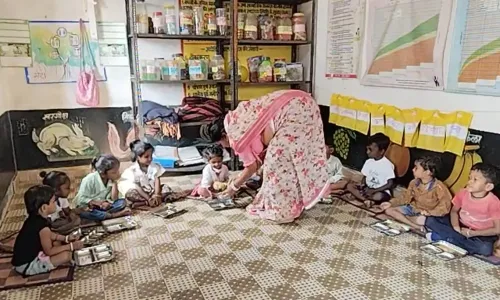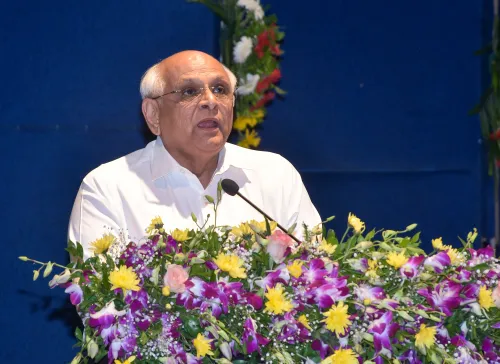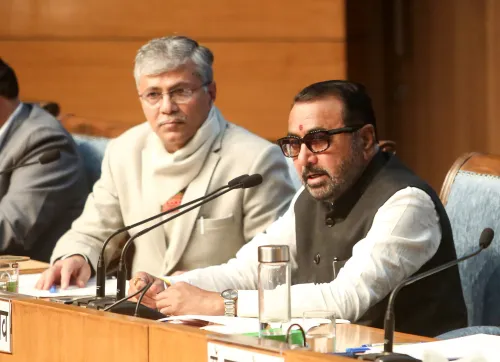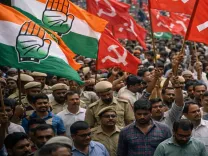Health Technology Centers Crucial for Affordable Healthcare in India: J.P. Nadda
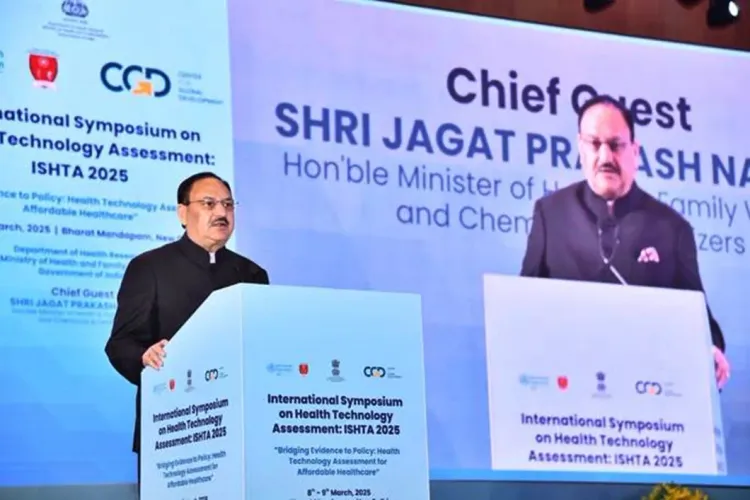
Synopsis
Key Takeaways
- Health Technology Assessment (HTA) is vital for affordable healthcare.
- HTA centers across 19 states aid in health goal achievement.
- Government focuses on preventive and curative healthcare.
- 75,000 new medical seats to be created for better training.
- Patent Mitra initiative supports medical innovators.
New Delhi, March 8 (NationPress) The Health Technology Assessment (HTA), a part of the Department of Health Research (DHR) under the Ministry of Health and Family Welfare, is vital in reinforcing the government's mission of affordable, equitable, and accessible healthcare for everyone, stated Union Health Minister J.P. Nadda on Saturday.
While addressing the opening session of the third International Symposium on Health Technology Assessment (ISHTA 2025) at Bharat Mandapam, J.P. Nadda highlighted the government's vision and commitment towards enhancing India’s healthcare framework and ensuring accessible and affordable healthcare for all.
“The Health Technology Assessment (HTA) is essential for promoting evidence-based policy-making to develop an efficient, equitable, and high-quality health system, aligned with the objectives of Universal Health Coverage (UHC),” Nadda remarked.
The Union Health Minister pointed out that HTA resource centers are distributed across 19 states in India, which serve as a crucial tool for priority setting and have significantly contributed to achieving various health objectives such as TB detection, optimizing healthcare costs, and integrating evidence-based data into national health programs.
Stressing the focus on enhancing primary, secondary, and tertiary healthcare in the country, Nadda mentioned that the “government is dedicated to delivering healthcare that is preventive, curative, palliative, and rehabilitative.”
He indicated that 22 modern AIIMS have been established to date, alongside a notable increase in MBBS and MD seats, as well as enhanced training for paramedic and nursing personnel.
J.P. Nadda announced that the government will also create 75,000 seats in the medical sector, with 30,000 seats already created last year.
During the event, Nadda unveiled several important resources, including the Patent Mitra initiative, developed under the guidance of NITI Aayog, in collaboration with the Department of Pharmaceuticals (DoP) and supported by the Department for Promotion of Industry and Internal Trade (DPIIT).
“Our nation is making a significant advancement in supporting our innovators. The platform is designed to provide essential assistance to scientists, researchers, and institutions, ensuring that their groundbreaking work is protected through patents and made accessible to the public via seamless technology transfer,” he declared.
The Medical Innovations Patent Mitra will assist ICMR Institutes, ICMR Extramural Grantees, as well as Medical Colleges/Institutes.
It provides a full range of services, including patentability assessment, patent filing in India, and support with patent prosecution. Additionally, the initiative facilitates technology transfer, offering guidance for the transfer of innovations to industry partners through mechanisms such as the Med Tech “Mela” and paperless Expression of Interest (EOI) processes.


